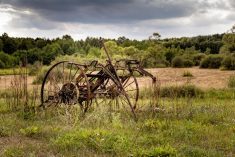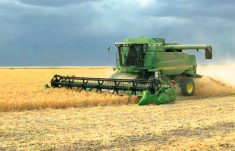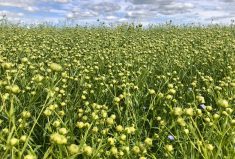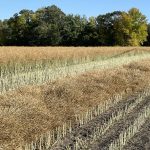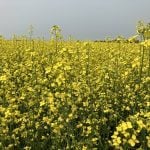A new complaint process to deal with unauthorized drainage on Saskatchewan farmland is expected to lead to resolutions in months instead of years.
Scott Moe, minister responsible for Saskatchewan’s Water Security Agency, on Tuesday introduced legislative amendments meant to encourage “producer co-operation through the formation of watershed associations and (allow) for producer-led projects.”
Under the previous formal complaint process, some kind of resolution could take up to two years, the province said. The WSA estimated it can now complete requests for assistance within 90 days under the new amendments.
Read Also

Pulse Weekly: Talk arises of India ending duty-free period
With harvest underway across the Canadian Prairies rumblings has been felt from the other side of the world, specifically in regards yellow peas. There have been recent media reports stating the Indian government is under growing domestic pressure to end its duty-free period on yellow pea imports.
Under the amendments, fines for unauthorized drainage works will also change, from a maximum of $10,000 per day to up to $1 million per day. The level of fines will be determined by the courts on a case-by-case basis, “weighted to the severity of the situation,” the province said.
The amendments, to be made to the provincial WSA Act, are meant to focus on “ensuring drainage projects can be permitted when they have downstream landowner permission to drain and are draining into an adequate outlet,” the province said.
The province said its new Agricultural Water Management Strategy is meant to give producers and municipalities the “parameters” to control and organize drainage projects in their area, through either conservation and development area authorities or watershed associations.
Under the new process, if the WSA gets a request for assistance, it will first confirm the presence of a drainage project, then recommend the drain’s owner either get a permit or close the drain.
The agency will then work with producers to permit drainage works, if allowable, using gates and gated culverts, the province said. –– AGCanada.com Network




